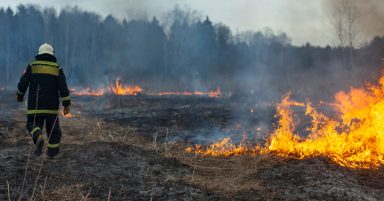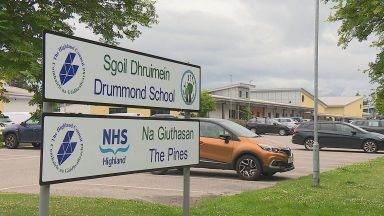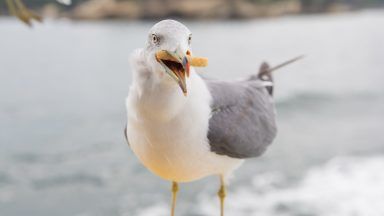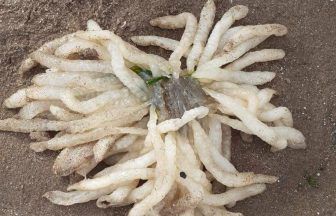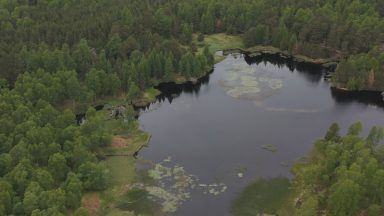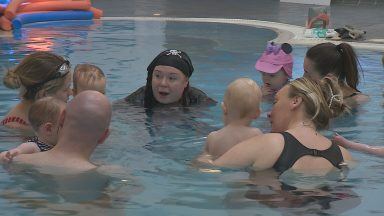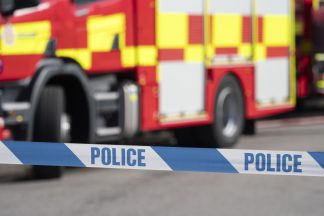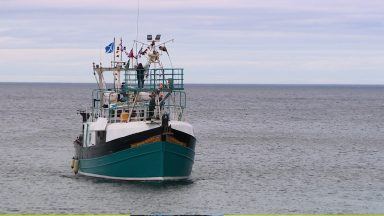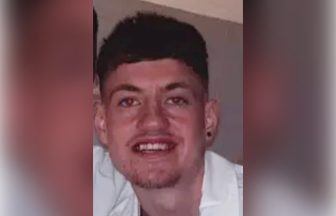Residents in Aberdeenshire have been warned not to bury or bin dead bird carcasses which have washed up on shorelines in the area.
More than 1,000 bird carcasses have washed up this week amid an “unprecedented” rise in avian flu cases.
The local authority has been working to remove the birds but have received reports of people trying to assist in the clean up prompting the warning.
A council spokesperson said: “A year on from the previous outbreak, our frontline crews have been kitted out in full PPE to carry out the safe removal of hundreds of birds which, it is suspected, carry avian influenza, and we thank them for all their efforts once again.
“At Stonehaven this week more than 520 birds were removed from the beach over the course of three days. At Cruden Bay more than 120 carcasses were collected. On Wednesday, more than 150 were recovered from Balmedie as well as 250 from Inverbervie.
“Our thanks also go to a number of our own staff from various services who have come forward and volunteered to assist with future collections as and when required.
“We have heard reports of people trying to assist in the clean-up by burying or binning bird carcasses, but please—for your own safety— leave the disposal to us.”
The council added that anyone who sees a dead bird should report it to the Department for Environment Food and Rural Affairs (Defra) on 03459 335577 and, if you come across large numbers of birds in popular areas, via the council’s online reporting form.
A NatureScot spokesperson previously said: “We are concerned about the unprecedented outbreak of avian flu over the last two years and continue to work with partners through the Scottish Task Force to ensure that we have the correct monitoring and best advice for land managers in place. Testing is continuing.
“Members of the public should avoid touching sick or dead wild birds and we would encourage visitors to coastal NatureScot reserves to keep their dogs on a lead to avoid them picking up dead birds.”
At this time of year, a large number of seabirds migrate to the north east of Scotland to feed and breed.
However, the rise of bird flu cases within wild bird populations is resulting in an unusually high number of dead or dying birds being washed up on beaches.
Aberdeenshire council previously said: “We work closely with APHA whose general advice is to leave dead or sick birds in situ where natural processes will result in the breakdown of the carcasses. The risk of catching avian influenza from dead or dying birds is extremely low, however due to other diseases such as salmonella which wild birds can carry, the advice is to leave the birds in-situ.
“Keep pets and children away from any dead or sick birds and don’t touch wild bird feathers or surfaces contaminated with droppings.”
Follow STV News on WhatsApp
Scan the QR code on your mobile device for all the latest news from around the country


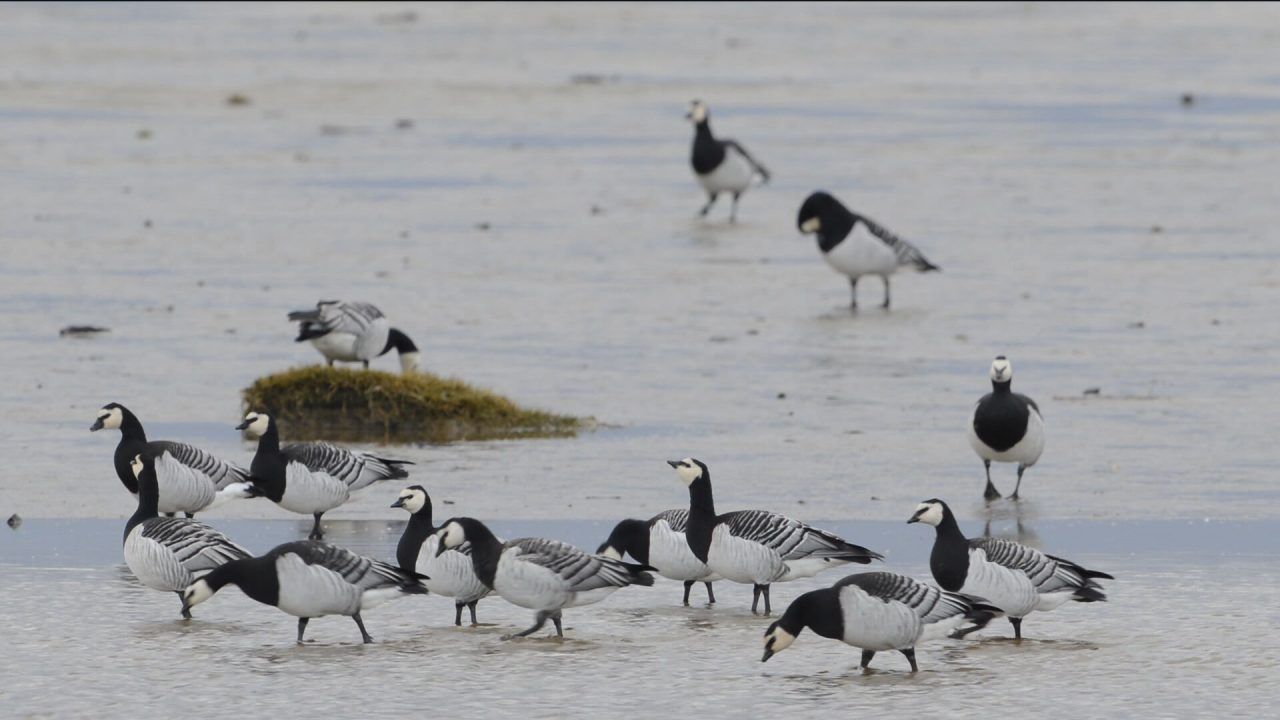 STV News
STV News

